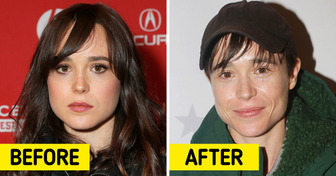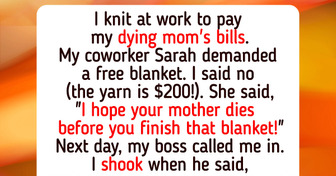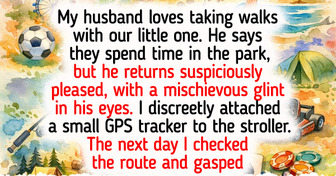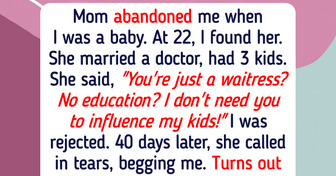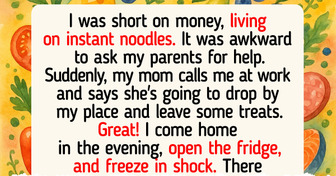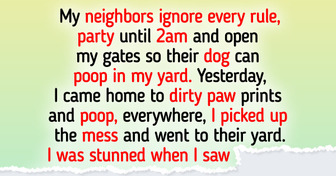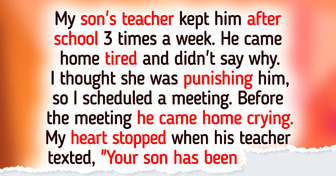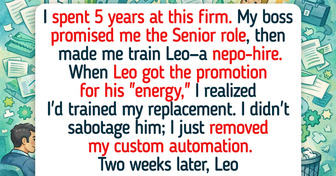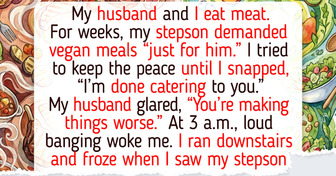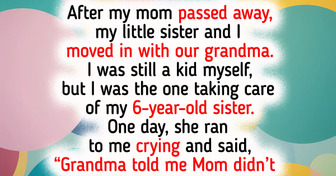Users Recalled the Ultimate Acts of Penny-Pinching They Saw, and It Left Us Staggered
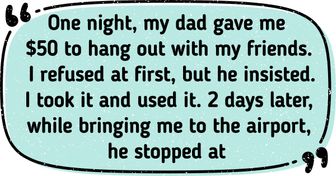
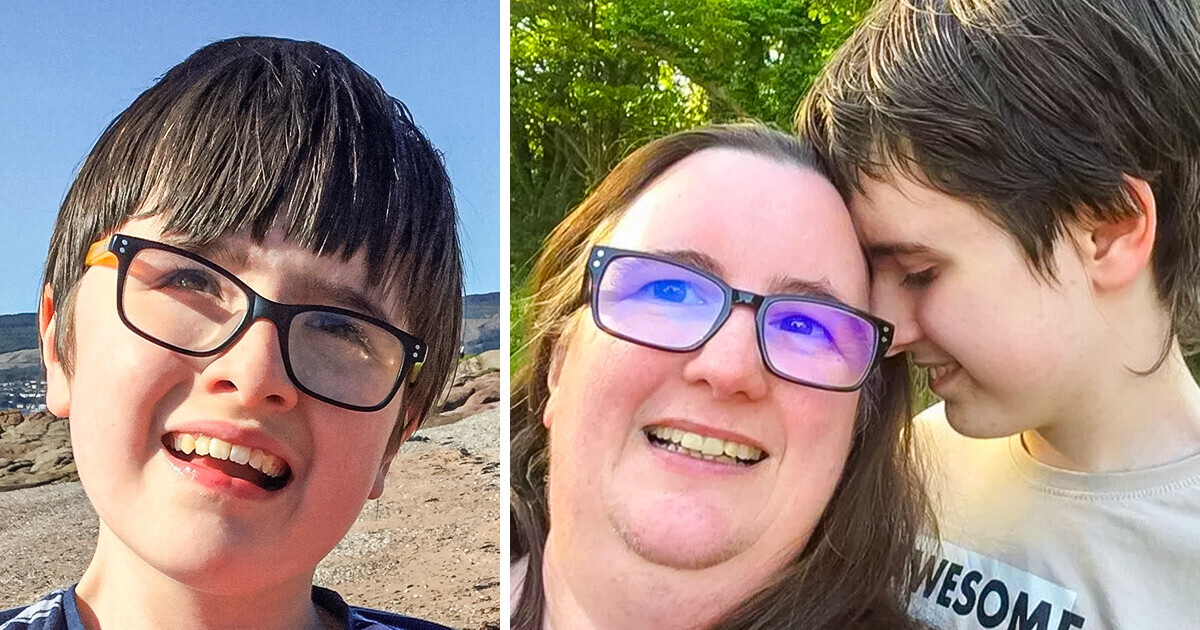
Miriam Gwynne is a Scottish mother of two autistic twins, with one of them being her son Isaac, who is also non-verbal. Miriam has had all kinds of challenges while raising a child who can’t verbally communicate his needs and desires. The boy had to attend a special school where all kids were non-verbal. Suddenly, at the age of 14 Isaac uttered his very first word and left everyone around him speechless.
In her personal blog, Miriam shares that both her kids were late at meeting certain milestones, like crawling and sitting. “Isaac had a very noticeable eye squint and was not even trying to speak, so my health visitor referred them both to a community pediatrician. I was fairly confident they would outgrow these things though and be totally fine. As time went on I began to suspect something deeper was going on, with Isaac especially. He was very withdrawn, never played with toys, still had no language and at two was still not walking. I started googling and soon came across the word ’autism’ but I was not ready to face it.”
Isaac was officially diagnosed with autism when he was 3. He could not speak at all and didn’t even respond to his own name. His general understanding of things around him was very limited. His mother was devastated when she heard the word “autism”.
Even though Isaac’s sister is also autistic, she is able to speak, she understands everything other people say, and she thrives at school.
“It seems very strange to say they both have autism as they have very little in common. They have very unique characters and personalities and that does not change just because they have a diagnosis. They actually help and support each other so much too. Naomi helps people understand when her brother can’t speak or sign and Isaac’s confidence and laughter helps Naomi overcome her anxiety as she relaxes being with him.”
For a mother with a non-verbal son, it’s hard to accept that she will never hear the words “I love you”. But Miriam knows that her son loves her because he shows her in many different ways. “I know he loves me because he wants to be with me. If I move from one room to another he follows me. He craves my presence and taps the seat next to him in the car to invite me to sit beside him. His actions say so much more than his language ever could.”
She also adds that her son is aware of how much she cares about him and the amount of attention she is paying to him. “He knows I will look around to see what caused his upset and that I get his sensory issues and all the little things he wants around him to return his sense of well-being. He knows I listen to him even when he has no words to communicate. And I know he loves me...even if the words, ’I love you,’ never come.”
By the age of 11, Isaac was still unable to speak, but his communication skills and understanding had increased a lot. “He has words and phrases he loves to hear (don’t we all?) and he loves to get me to say certain things every day because that makes him smile and become excited. He shows me photographs on his iPad, and we talk together about memories. He signs ‘yes’ and ‘no’ to questions and points to different parts of the photo to hear me talk about it.”
Due to Isaac’s need for special care, Miriam had enrolled him into a school where all kids were non-verbal. One day kids from a different special needs school had visited Isaac’s school. He usually flaps to show that he is happy to see the other kids, but this time the teenager managed to say “hello”.
“The teacher said everyone just fell silent. She was so excited to tell me. When I heard what he said it made me so emotional. I started crying because it was just such a special moment.” Miriam believes that Isaac said his first word is thanks to a show called CBeebies, where the main character’s catchphrase is “hello, hello, how are you?”
The creator of the TV series contacted Miriam after he read about her son’s story, and he was very emotional. “I cannot explain how wonderful that is. Around 20 years ago, I created the series Something Special in the hope that it would help children with additional needs find their voice. I also wanted to give them their rightful place on national TV. So when I hear the series is still helping families, it makes me smile.”
Special needs were never enough to stop someone from progressing in life. Cases like the first flight attendant with Down Syndrome and the single father who adopted a special needs child prove that anyone can thrive if they get the support they need.

